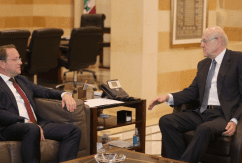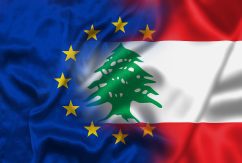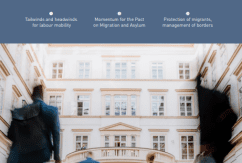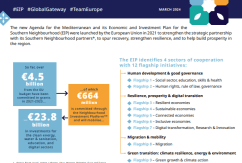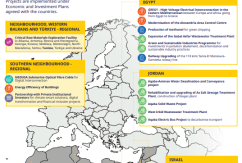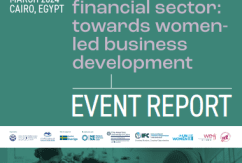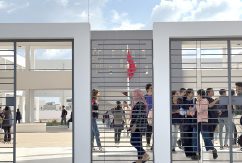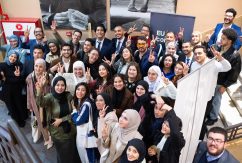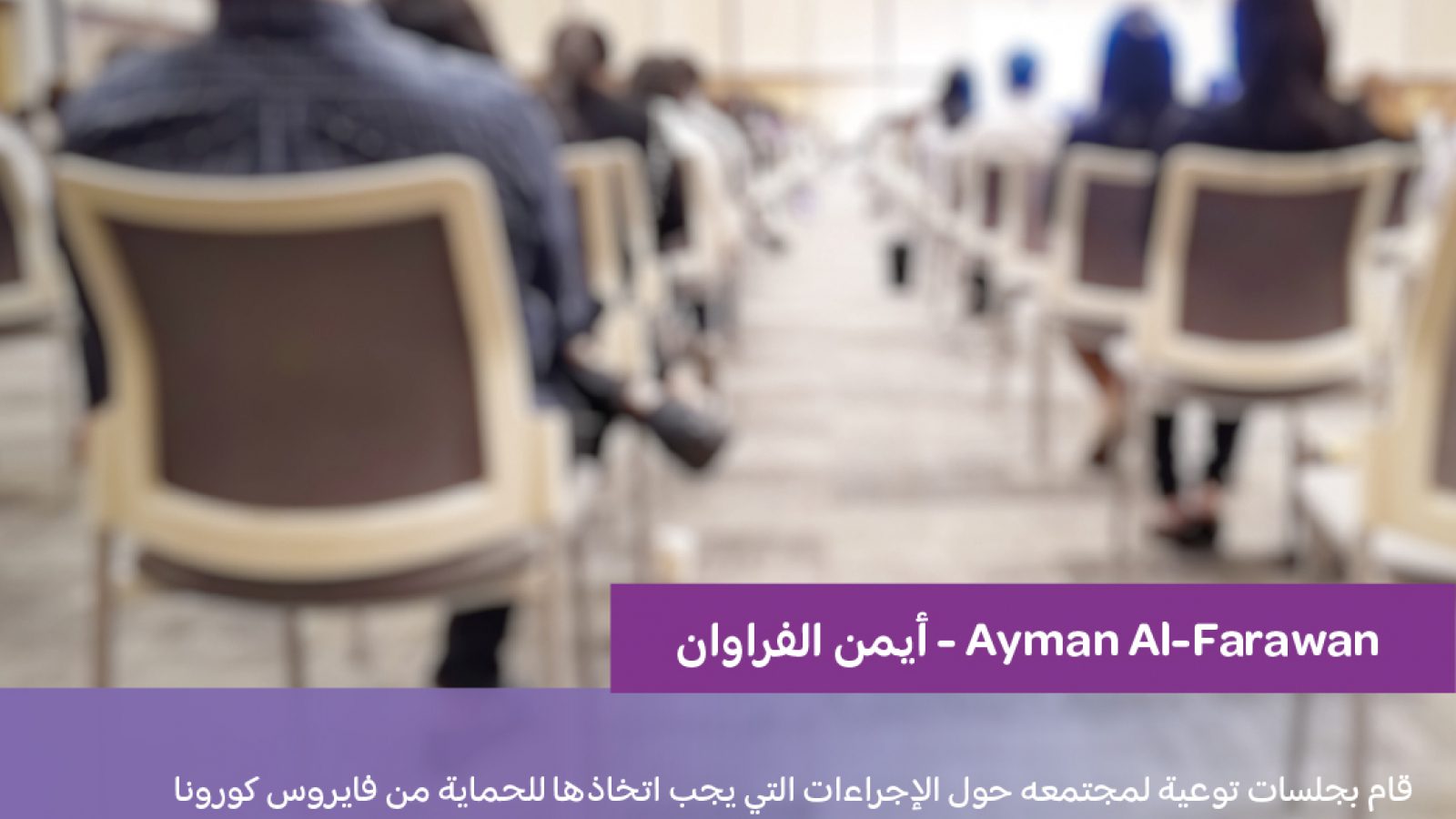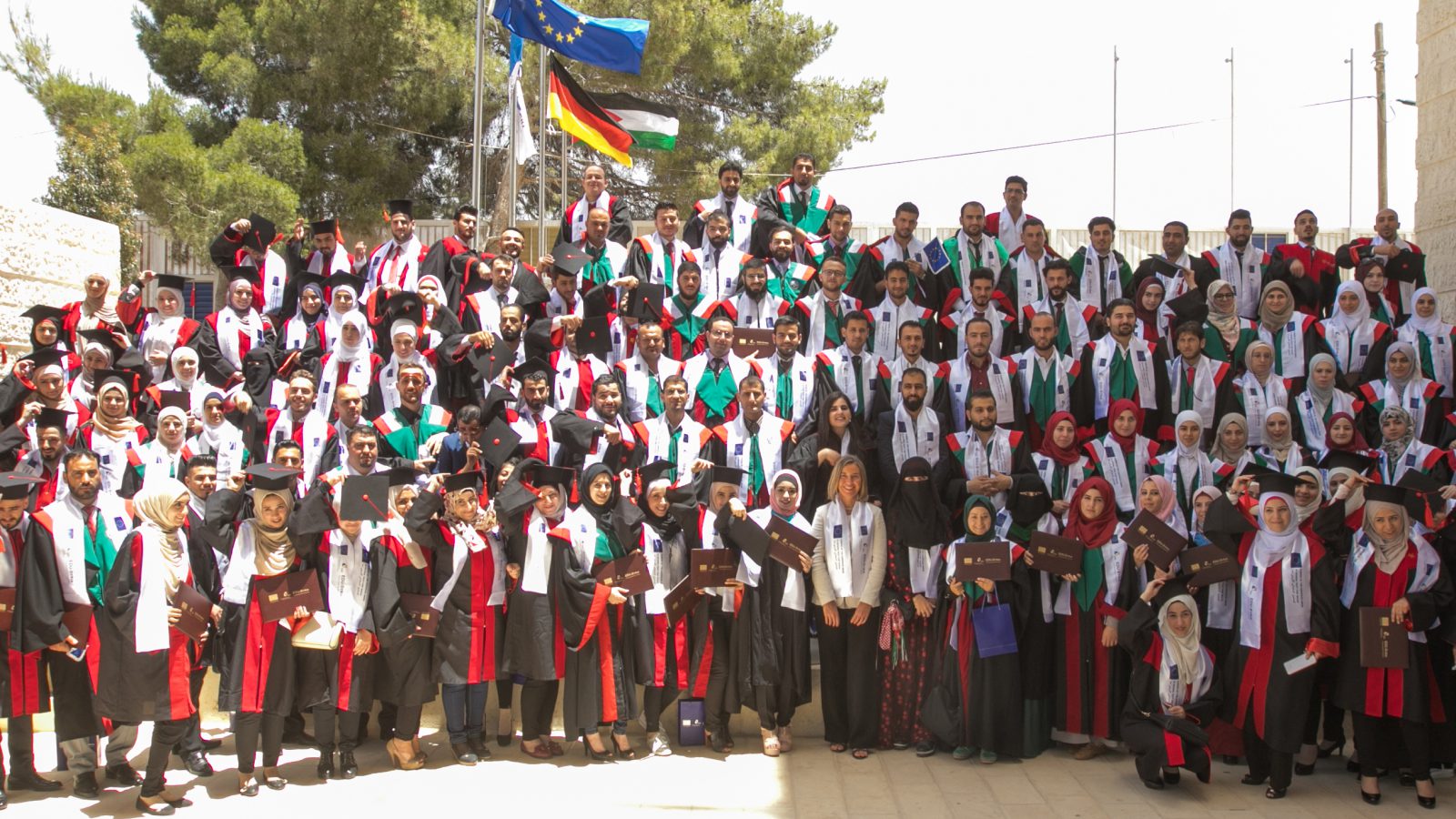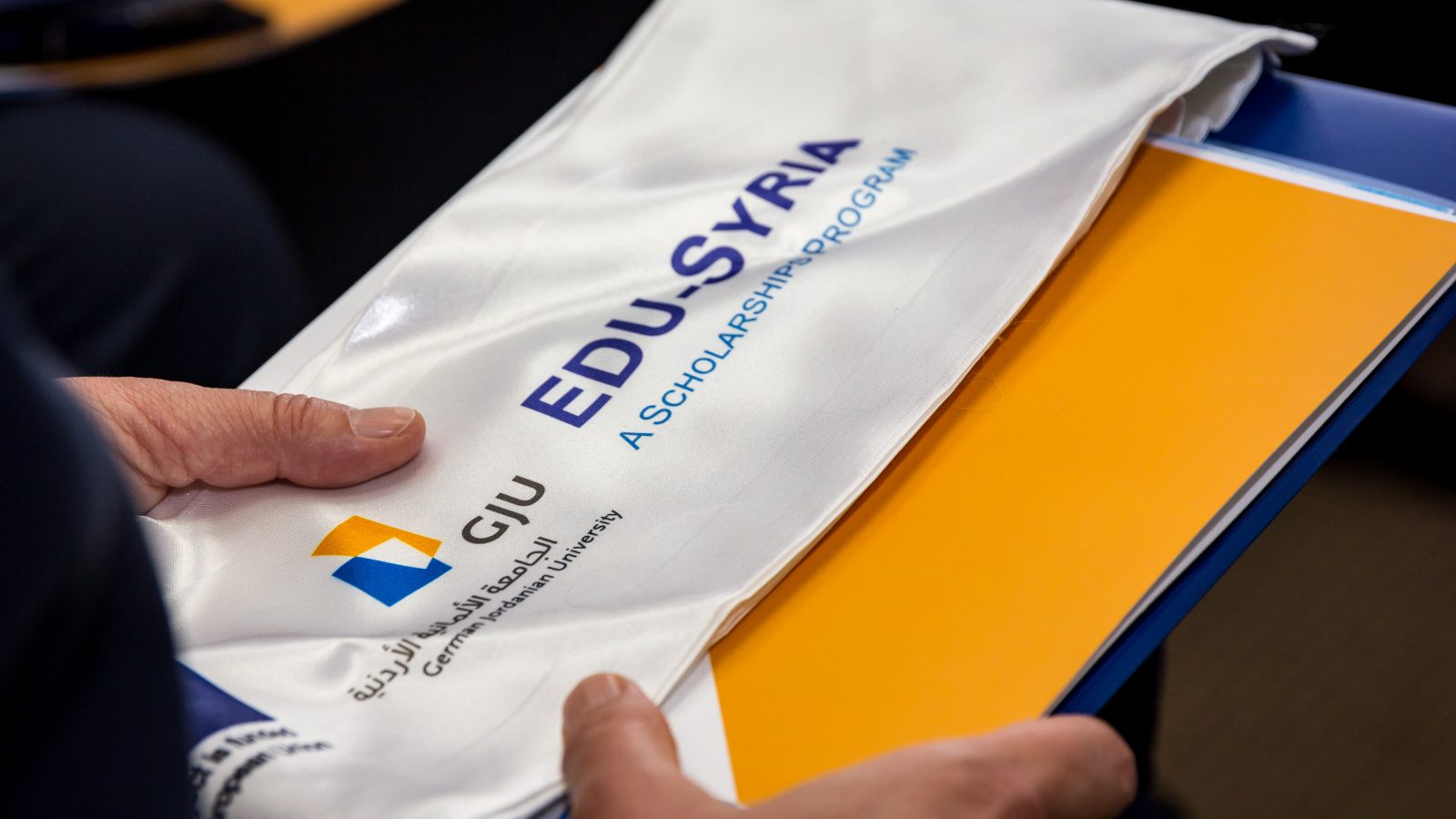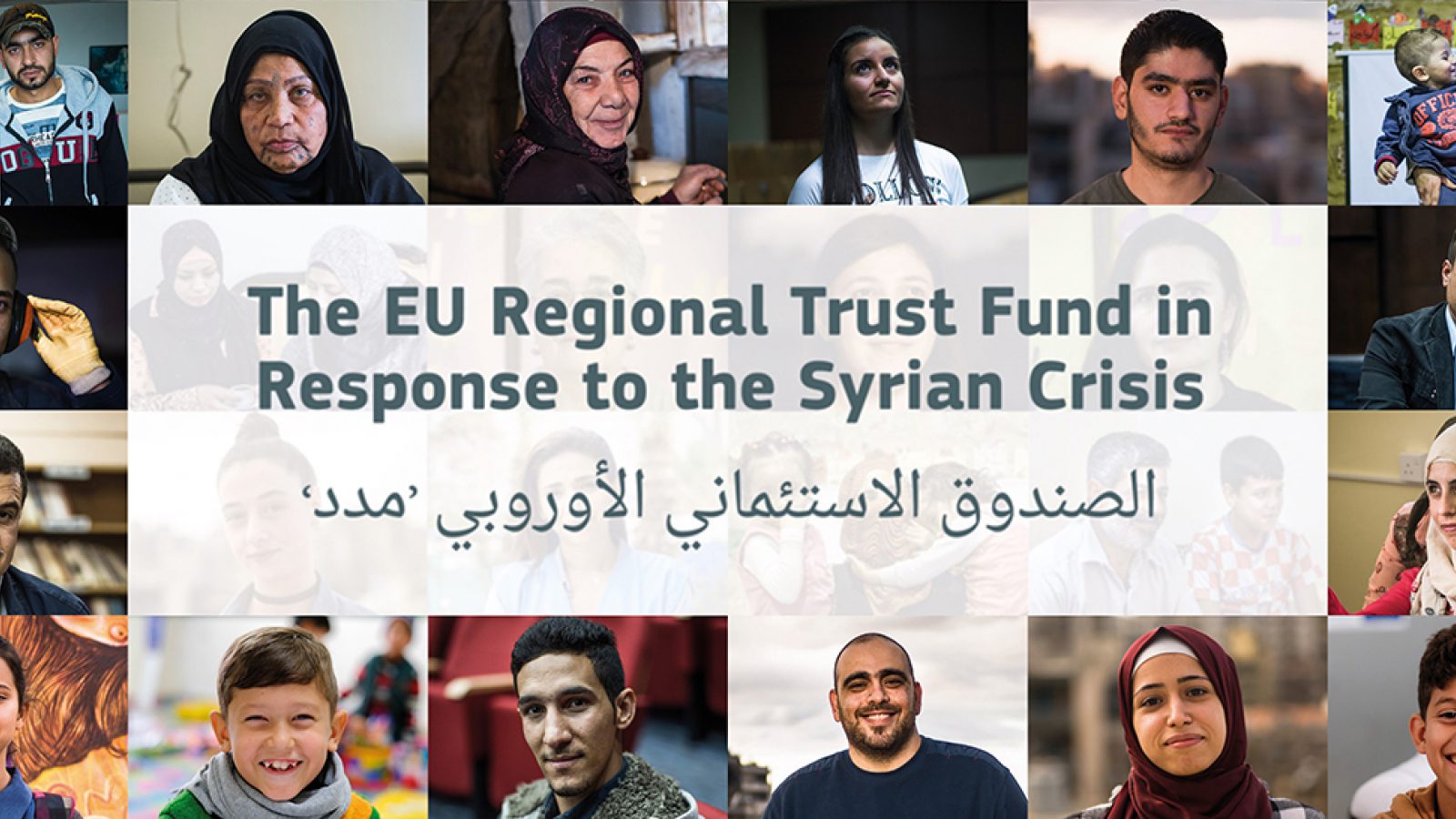Syrian virology student goes the extra mile to prevent spread of virus
For many, the unprecedented COVID-19 crisis has brought confusion and fear into their lives, along with uncertainty about the future. For others though, the pandemic offered an opportunity to put their knowledge to the service of others. This is the case of Ayman Al-Farawan, a Syrian virology student who made it his duty to help his host community in overcoming the pandemic.
Born 28 years ago in Syria, Ayman Al-Farawan moved to Amman when the war broke out in 2012. Thanks to the EDU-SYRIA scholarship, funded by the European Union under the EU Regional Trust Fund in Response to the Syrian Crisis (EUTF Syria), the EU Madad Fund, he was able to resume his studies at Zarqa University, where he graduated with distinction from a Medical Laboratory degree.
“My studies revolved around medical laboratory and analysis. Virology was part of my specialty, so when the coronavirus started spreading, it was a process I was familiar with,” Ayman recounts.
Aware that his knowledge could be of use to his entourage and community, Ayman decided to take action and volunteered with the Norwegian Refugee Council (NRC), an NGO providing shelter, education, youth activities and livelihood opportunities to Syrian refugees in camps and host communities.
“I wanted to play an effective role to serve my family and the society during the crisis, despite the total lockdown imposed by the government.” Using phone calls and social media platforms, the young man starting raising awareness among his community, educating them about the measures they had to take to protect themselves during the pandemic.
“Because I knew the ways in which COVID-19 spreads and the necessary precautionary measures to take – such as social distancing, staying home, regular handwashing etc. – I was able to communicate them easily to people,” Ayman explains. He ran awareness sessions based on the World Health Organisation’s instructions, which he adapted to his local context to make them more intelligible.
But this was not enough for me as the young man wanted to take his action a step further. He enrolled in an online course offered by Mohammad Bin Rashid University for Medicine and Health Sciences, which focus on protecting the civil society from COVID-19. “I wanted to develop my knowledge about these measures and this training helped me reinforce my role in preventing the spread of the virus in all ways possible.”
For him, it was “a duty” to fulfil his humanitarian role to beat the virus. “I believe it is everyone’s duty to stand with each other in such times, like a compact structure to overcome this epidemic and ordeal,” the student asserts.
Ayman’s bright spirit was further encouraged by his work during the crisis and he now wishes to obtain a scholarship to continue his studies and achieve a Master’s degree in Medical Laboratory. “This would help me serve as many people as possible in my society and be even more effective in social work,” Ayman says with enthusiasm.
EDU-SYRIA
EDU-SYRIA is a host of projects that chronologically extended over the last five years and still going, 2015 and further. The projects are EU funded via MADAD in response to the Syrian crises. Hence, the primary beneficiaries are Syrian refugee and underprivileged Jordanian youths. The ultimate objective of the projects is to improve the livelihood of those beneficiaries by providing them with higher education opportunities through a cluster of scholarships that are granted every cohort of high school graduate since 2015.
EDU-SYRIA I was launched in late 2015 where a fund of 4 million Euros supported a total of 390 higher education accredited degree, master’s, bachelor’s, and vocational programs. Another EUTF grant was bequeathed, 11 million Euros, inaugurating EDU-SYRIA II, the second wave of the project, October 2016. The project was the largest in Jordan in terms of the number of the higher education degree scholarships that was awarded, specifically, 1000. The EU Regional Trust Fund in Response to the Syrian Crisis program presented a smaller endowment of 2.6 million Euros in January 2019 allowing for additional 200 higher education degree scholarships. EDU-SYRIA III was launched in January 2020 with a fund of 15 million Euros. The components/actions of the last wave were more diversified in nature and design where some aiming to pick up the young adults who dropped out or leaked out of school. The direct total of beneficiaries is 2245 Syrian refugees and underprivileged Jordanians.
EU Regional Trust Fund in Response to the Syrian Crisis
Since its establishment in December 2014, a significant share of the EU’s non-humanitarian aid for Syria’s neighbouring countries is provided through the EU Regional Trust Fund in Response to the Syrian Crisis, the EU ‘Madad’ Fund. The Trust Fund brings a more coherent and integrated EU aid response to the crisis and primarily addresses economic, educational, protection, social, and health needs of refugees from Syria in neighbouring countries such as Jordan, Lebanon, Turkey and Iraq, and supports overstretched local communities and their administrations.
Read more
EU Delegation to Jordan website
EU Regional Trust Fund in Response to the Syrian Crisis website

